“Raphaela Rosella’s work is at once breathtakingly intimate and universal in its subject matter,” says Daniella Zalcman, a photographer and judge of the first PHmuseum Women Photographers’ Grant. “Her photographs are poetic interpretations of complicated realities – she tackles some of the most difficult issues that can consume the human experience, and always does so with dignity and empathy.
“Much of her work focuses on young women caught in cycles of poverty and social disadvantage, but her portrayals of motherhood, incarceration, and domestic violence are always dignified and nuanced. You’ll Know It When You Feel It feels rooted in a fundamental desire to understand members of her family and her immediate community – and to allow her audience to see these individuals in the same empathetic light.”
Rosella has won first prize and £5000 for the project, which was shot in her native Australia; the £2000 second prize went to Egyptian photographer Heba Khamis, whose project on breast ironing, Banned Beauty, was shot in Cameroon. “Heba Khamis earned the judges total respect with her deeply intimate work, Banned Beauty,” commented Donna Ferrato, another photographer and judge of the grant
“Ms. Khamis, the budding story teller, shows her unique penchant for catching hard won moments: simply by being there with an open mind. And as Khamis walks in the footprints of women living in male-dominated societies, we find a framework for beauty that defies definition.”
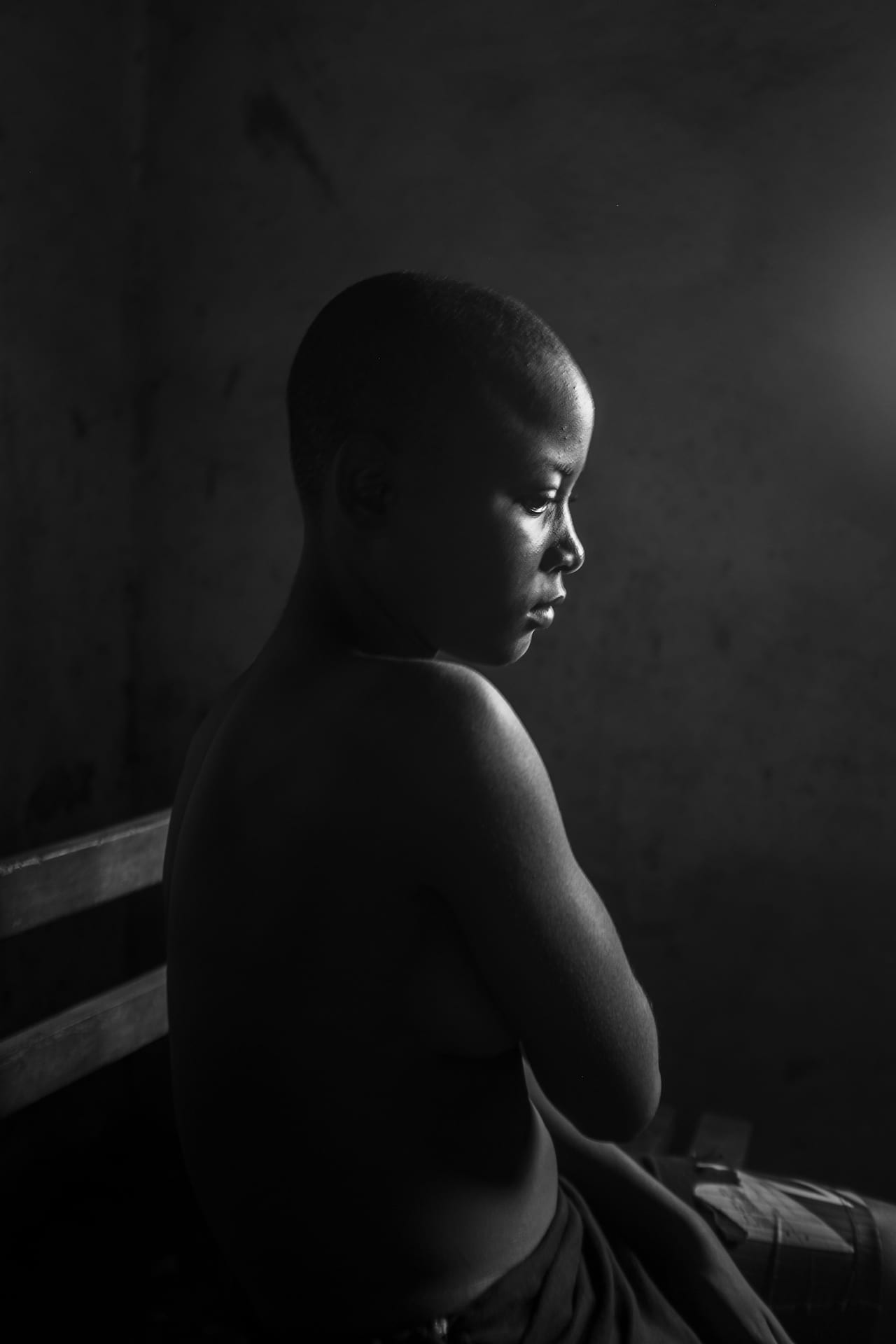
Kamini tontines, 12 years old, is hiding her breasts after having them ironed by her mother. Early Marriage, teenage single mother and rape are common words in Cameroon. As a way of protection when the girl’s breasts start to develop, the mother or the grandmother heat a stone and message the breasts to melt the fats and make them disappear so men will not be enticed by them. From the series Banned Beauty © Heba Khamis, which won second prize in the first PHmuseum Women Photographers Grant
The juries also awarded six honourable mentions in the main prize category: Jin – Jiyan – Azadi: Women, Life, Freedom by Sonja Hamad; Facing Up: Acid Attacks In Colombia by Betty Laura Zapata; Variation Of White by Miia Autio; All Of Them Witches by Bego Anton; The Black Line by Annalisa Natali Murri; and Coming Home: Unionville by Gabriella Demczuk.
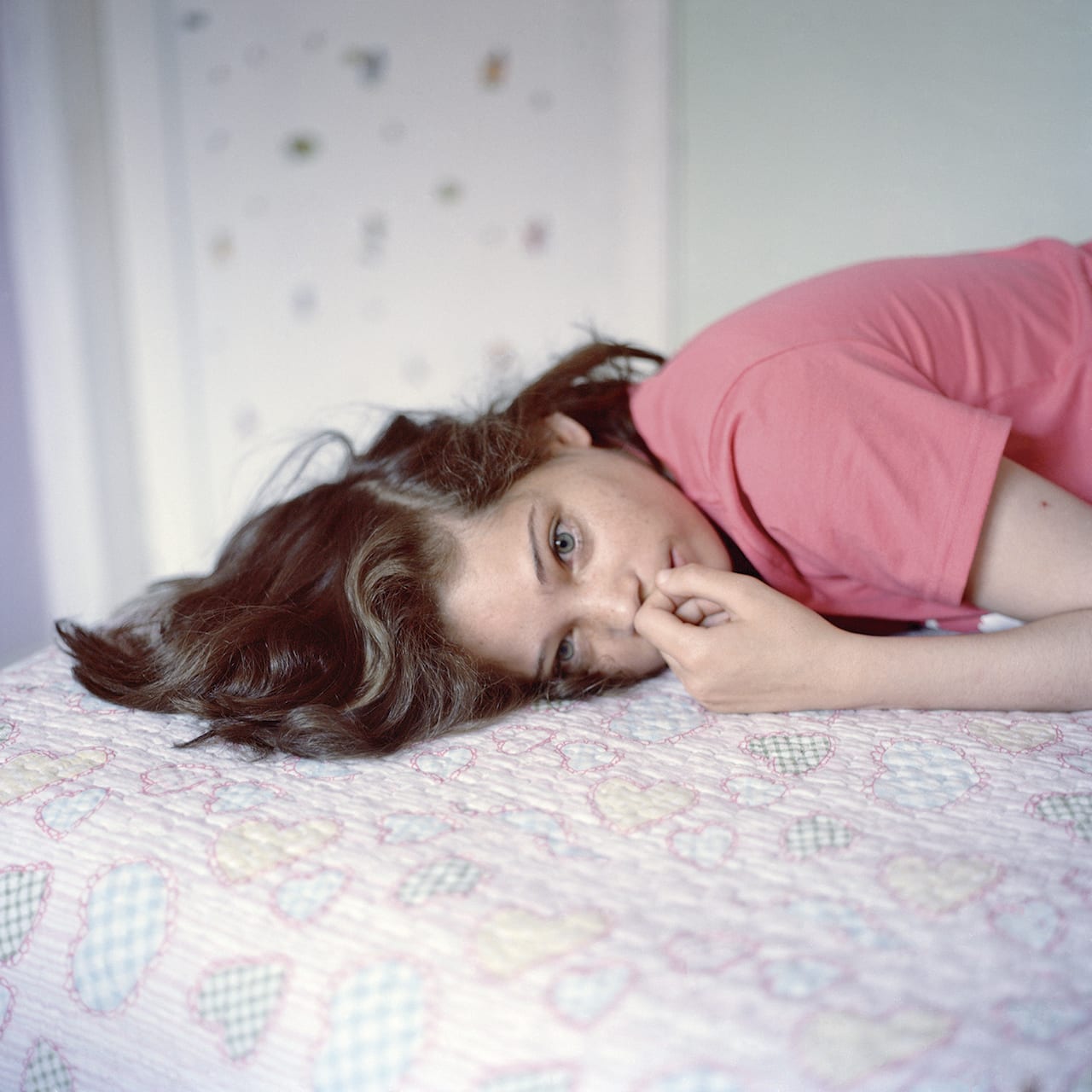
From Los Mundos de Tita © Fabiola Cedillo, which won the New Generation Prize in the first PHmuseum Women Photographers Grant
Beckon Us From Home by Sarah Blesener, and Venezuela: Blurred In Despair by Fabiola Ferrero received honourable mentions in the New Generation Prize category. German Photographer Ulla Deventer’s project Butterflies Are Sign Of Good Thing took The Organ Vida International Photography Festival prize, which is judged by Organ Vida’s artistic director Marina Paulenka. Deventer wins a solo show at the upcoming edition of the festival.
https://phmuseum.com/
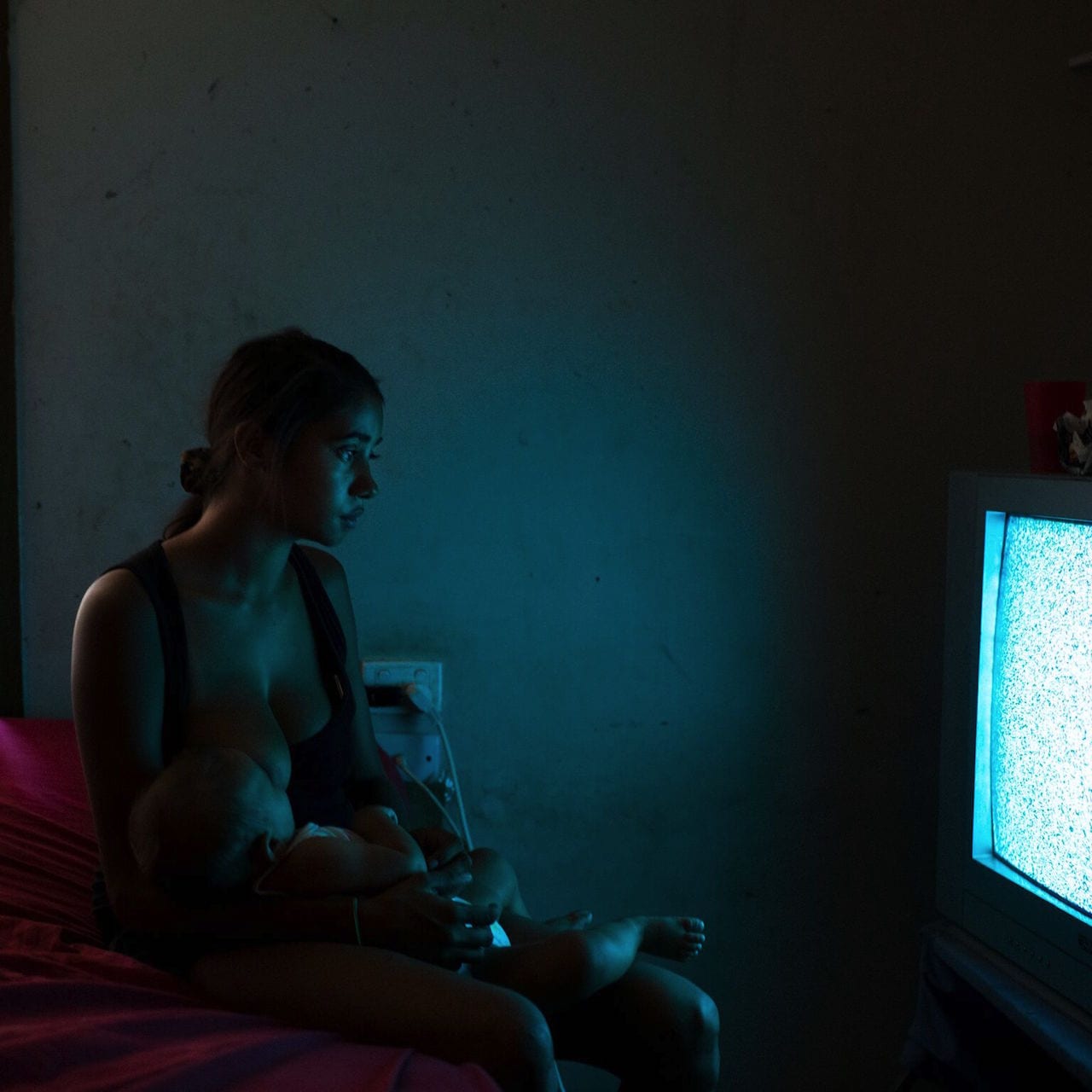
From You’ll Know It When You Feel It © Raphaela Rosella, which won first prize in the first PHmuseum Women Photographers Grant 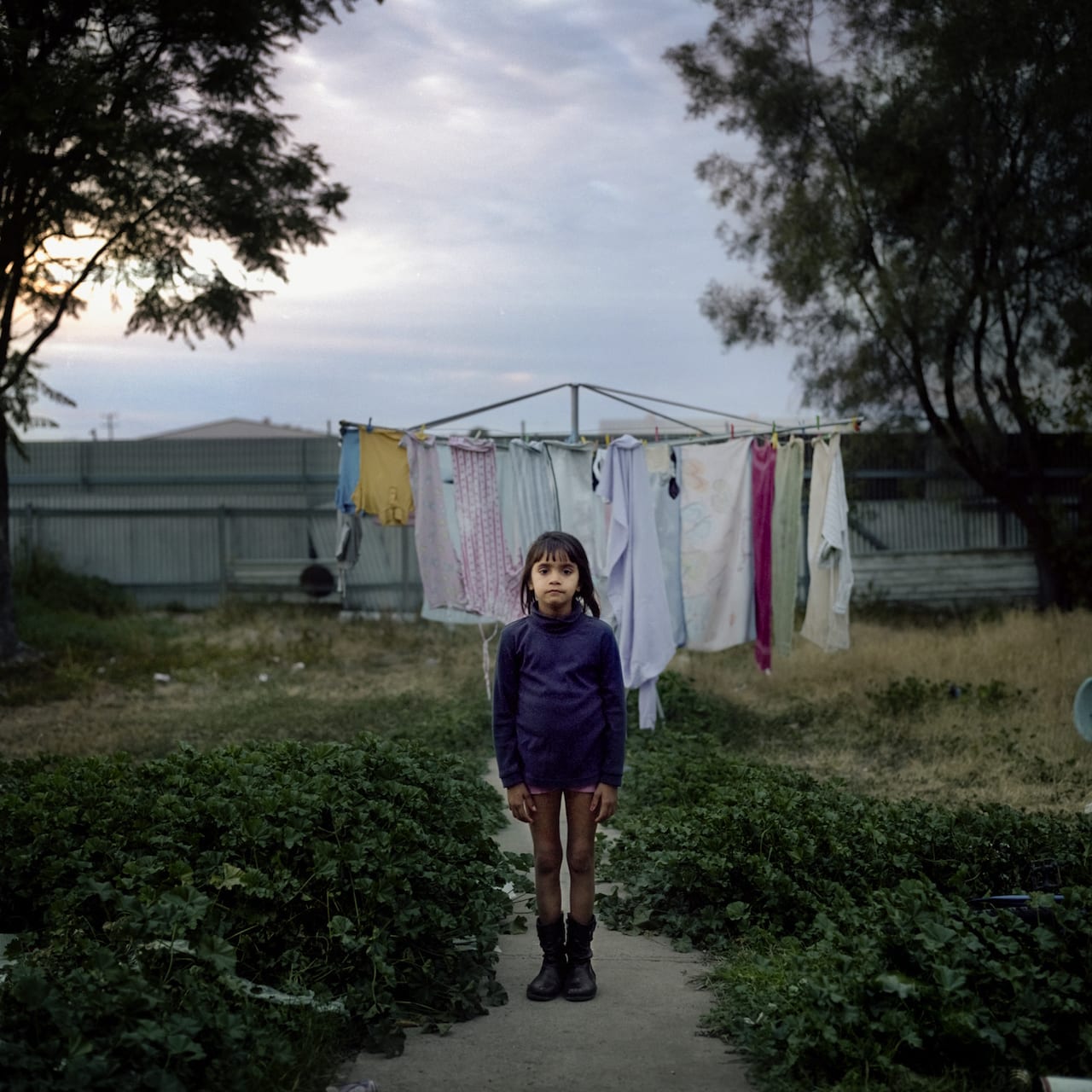
From You’ll Know It When You Feel It © Raphaela Rosella, which won first prize in the first PHmuseum Women Photographers Grant 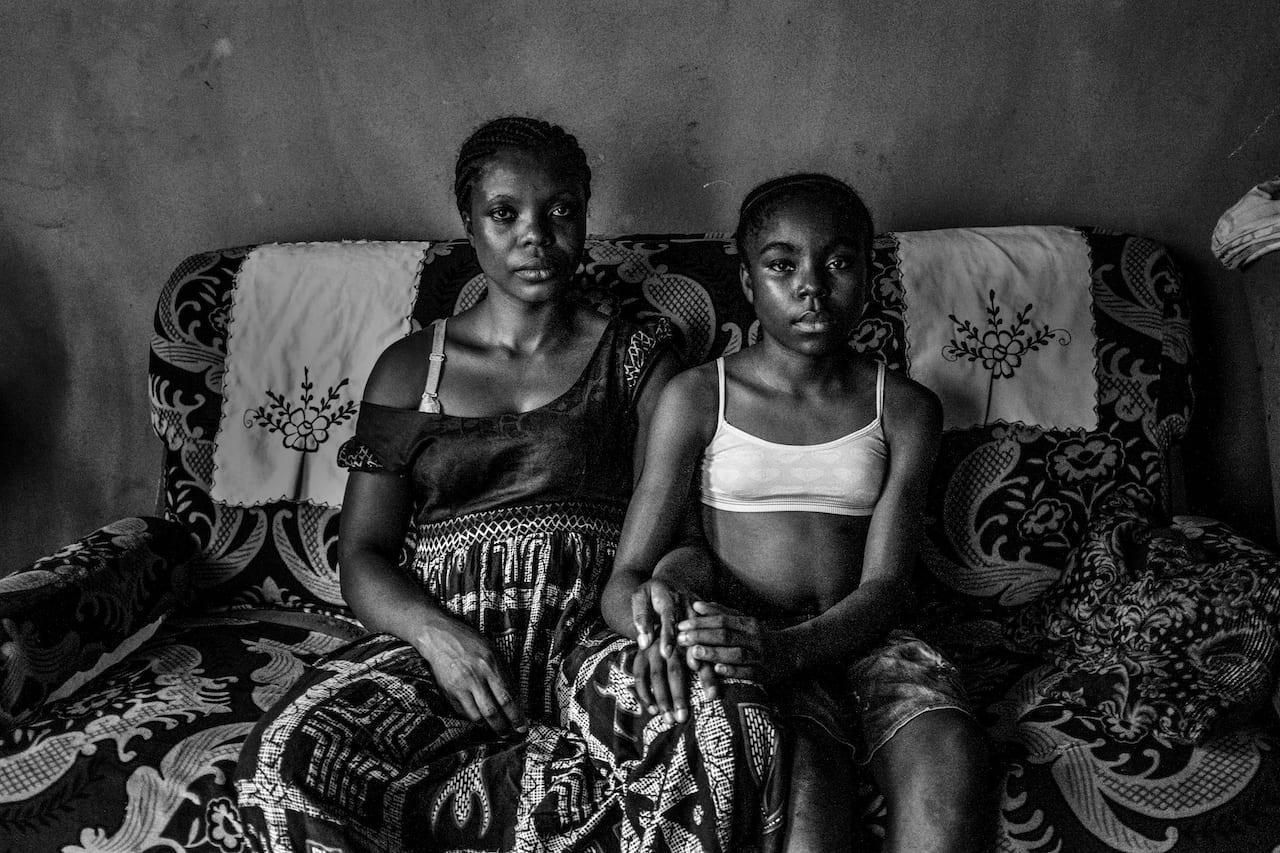
At age of 8, Brenda’s classmates started making fun of her because her breasts started to develop, which made her hug her bag all the time, feeling ashamed. Brenda’s grandmother’s advice was to start breast ironing. Nadage, Brenda’s mother, ironed her breasts twice a day for 10-15 mins with a wooden spoon. After one year, she couldn’t take Brenda’s pain anymore, and decided with Brenda to stop and allow her to wear a sports bra instead, which brought back her confidence. From the series Banned Beauty © Heba Khamis, which won second prize in the first PHmuseum Women Photographers Grant 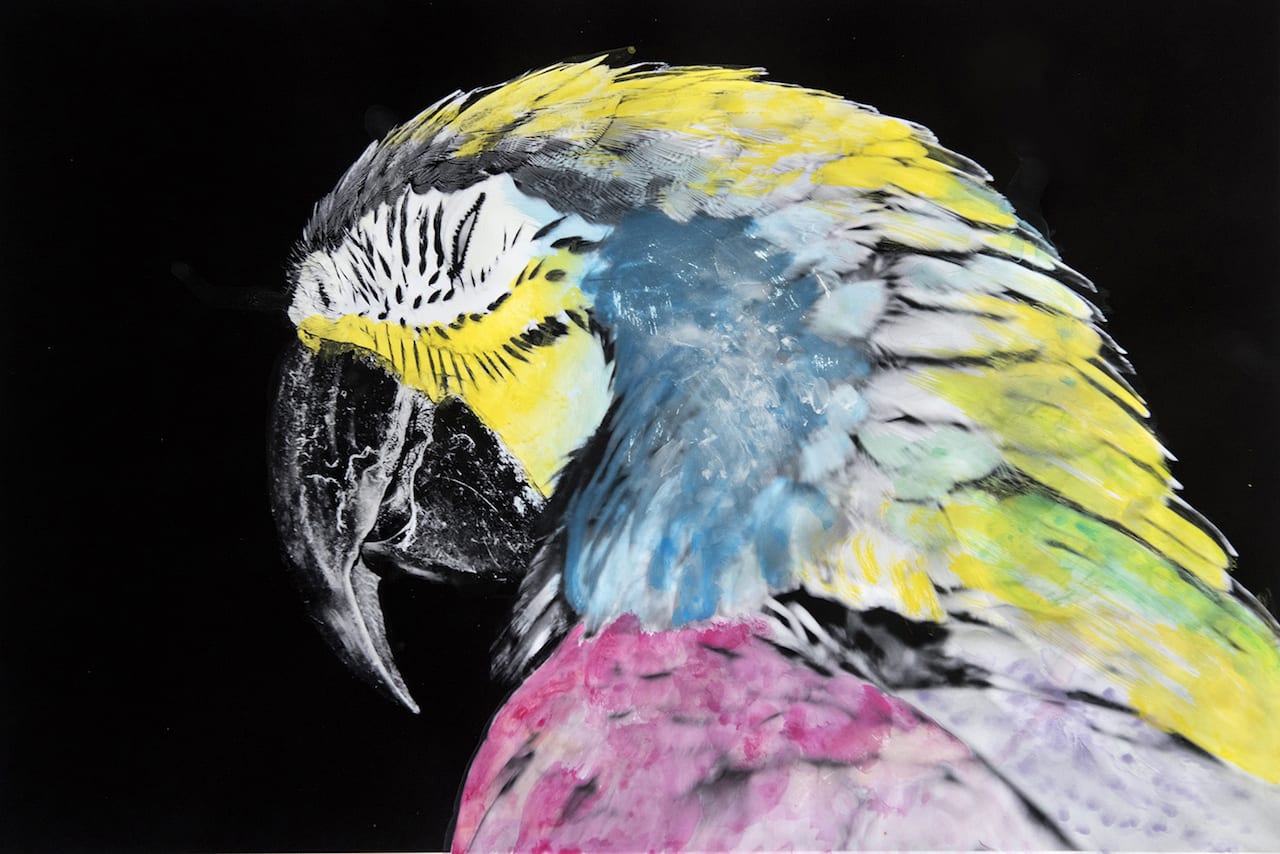
This parrot, with its squinting eye half open, was the beginning of the project – a ‘tropical’ symbol for colors. It was later colored by an achromatope not aware of which colors she was using (yet applying them quite correctly). From The Island of the Colorblind © Sanne De Wilde, which won third prize in the first PHmuseum Women Photographers Grant 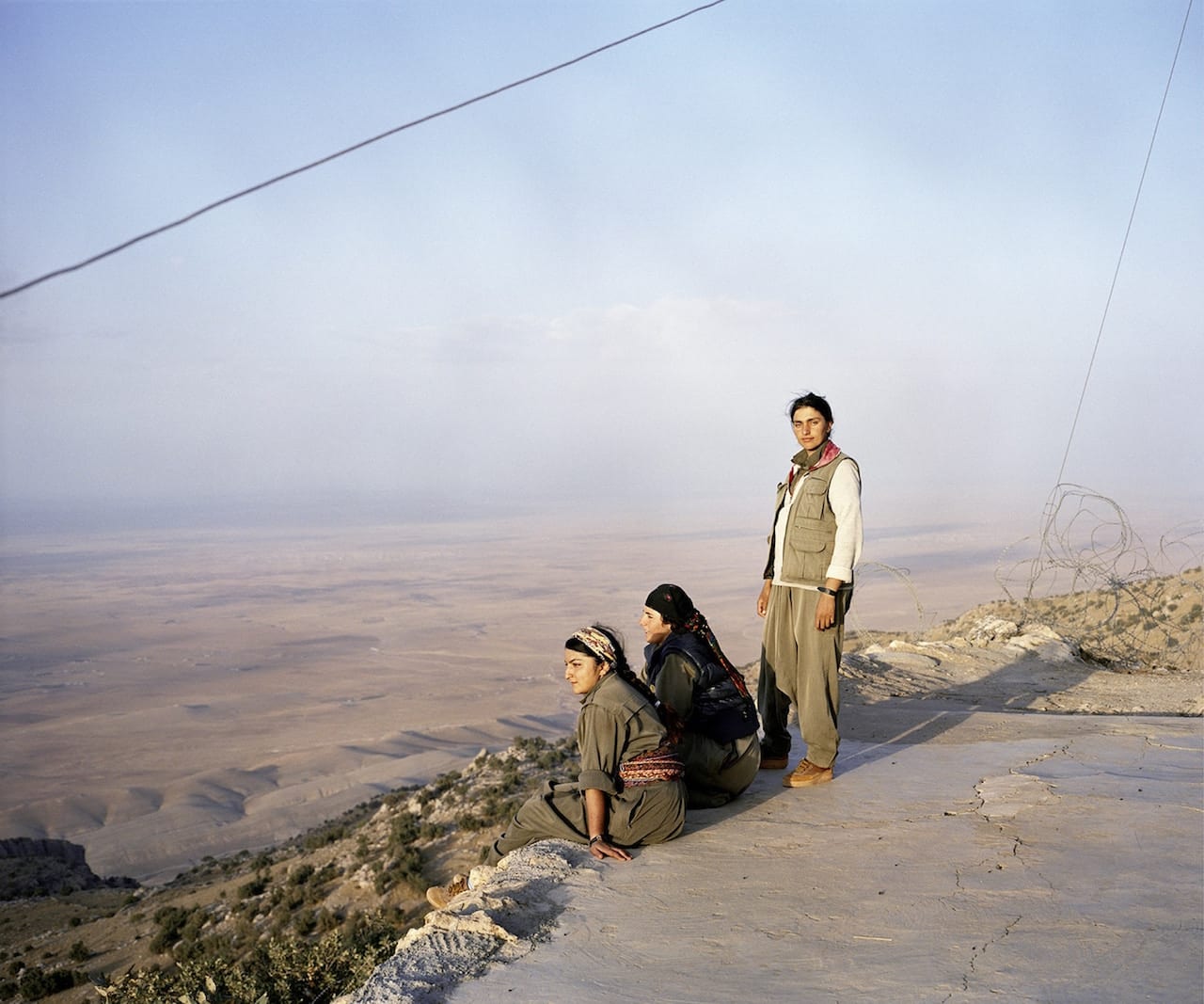
From Jin – Jiyan – Azadi: Women, Life, Freedom © Sonja Hamad, which won an Honourable Mention in the first PHmuseum Women Photographers Grant 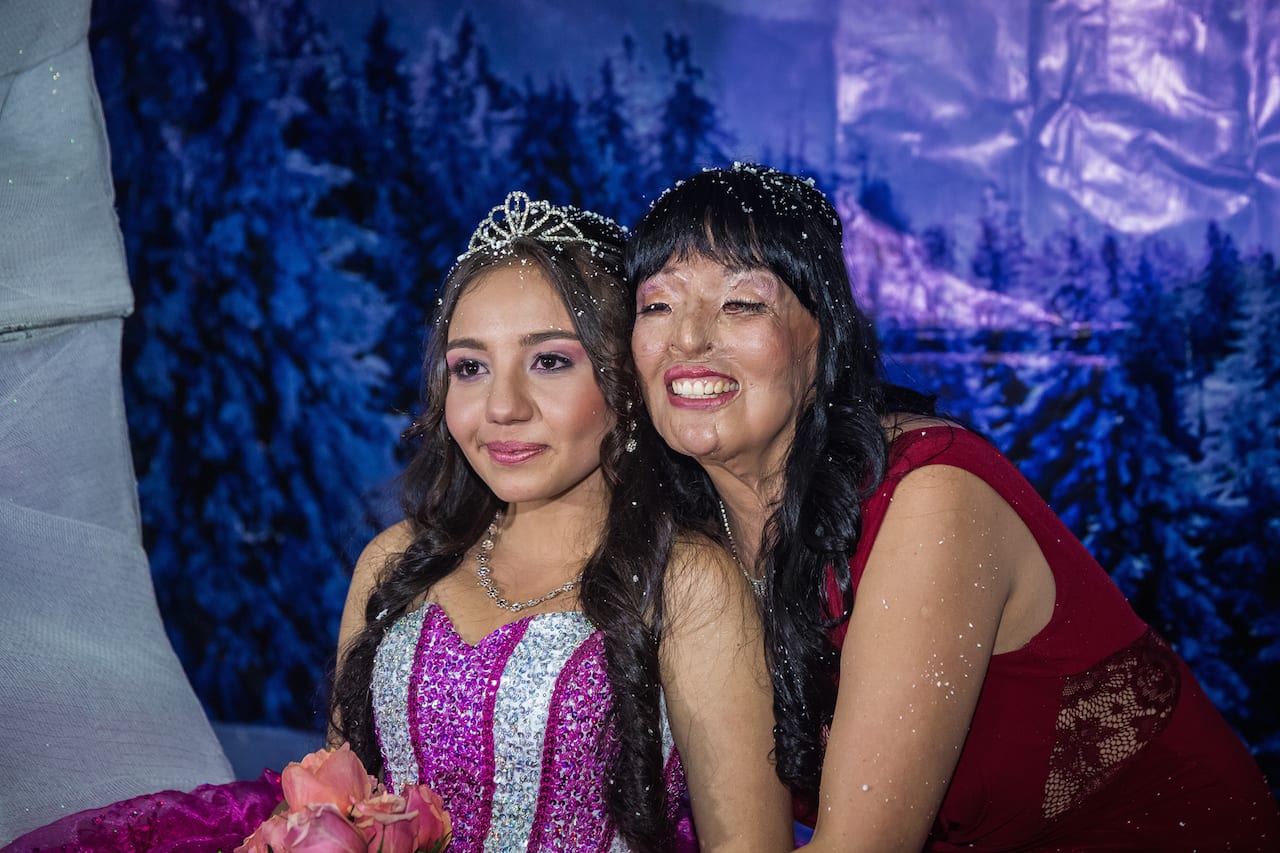
Facing Up: Acid Attacks In Colombia © Betty Laura Zapata, which won an Honourable Mention in the first PHmuseum Women Photographers Grant 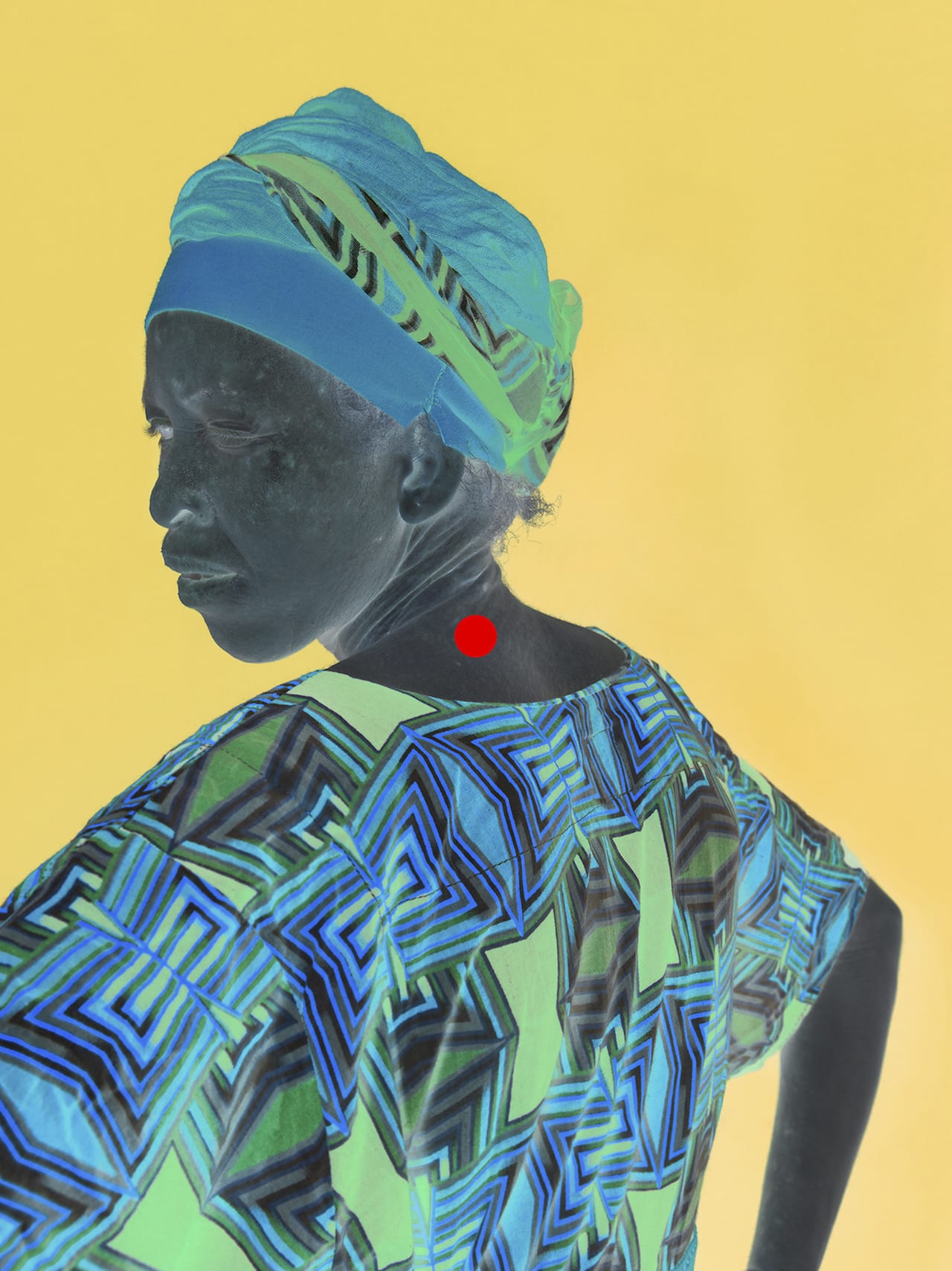
Variation Of White © Miia Autio, which won an Honourable Mention in the first PHmuseum Women Photographers Grant 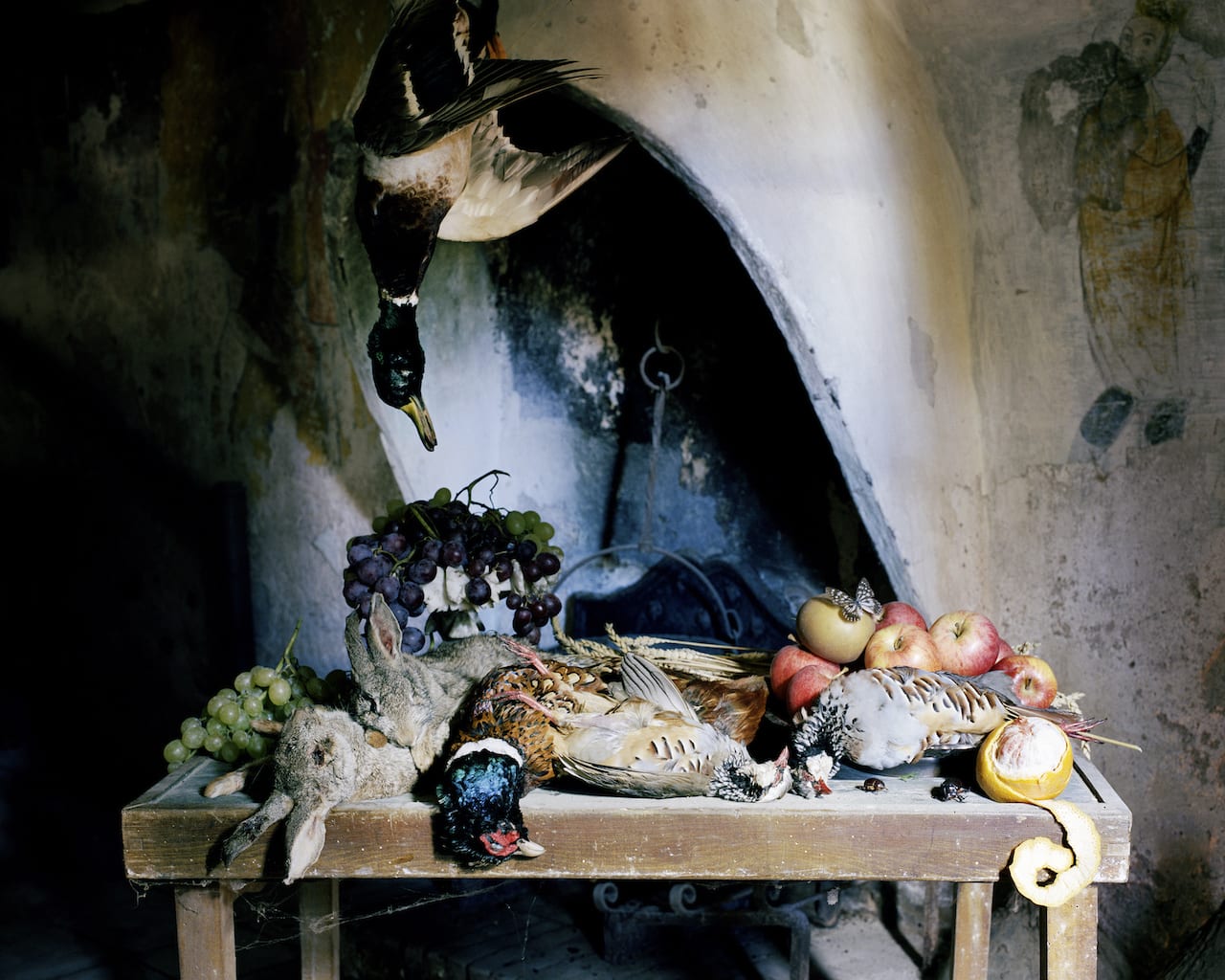
All Of Them Witches © Bego Anton, which won an Honourable Mention in the first PHmuseum Women Photographers Grant 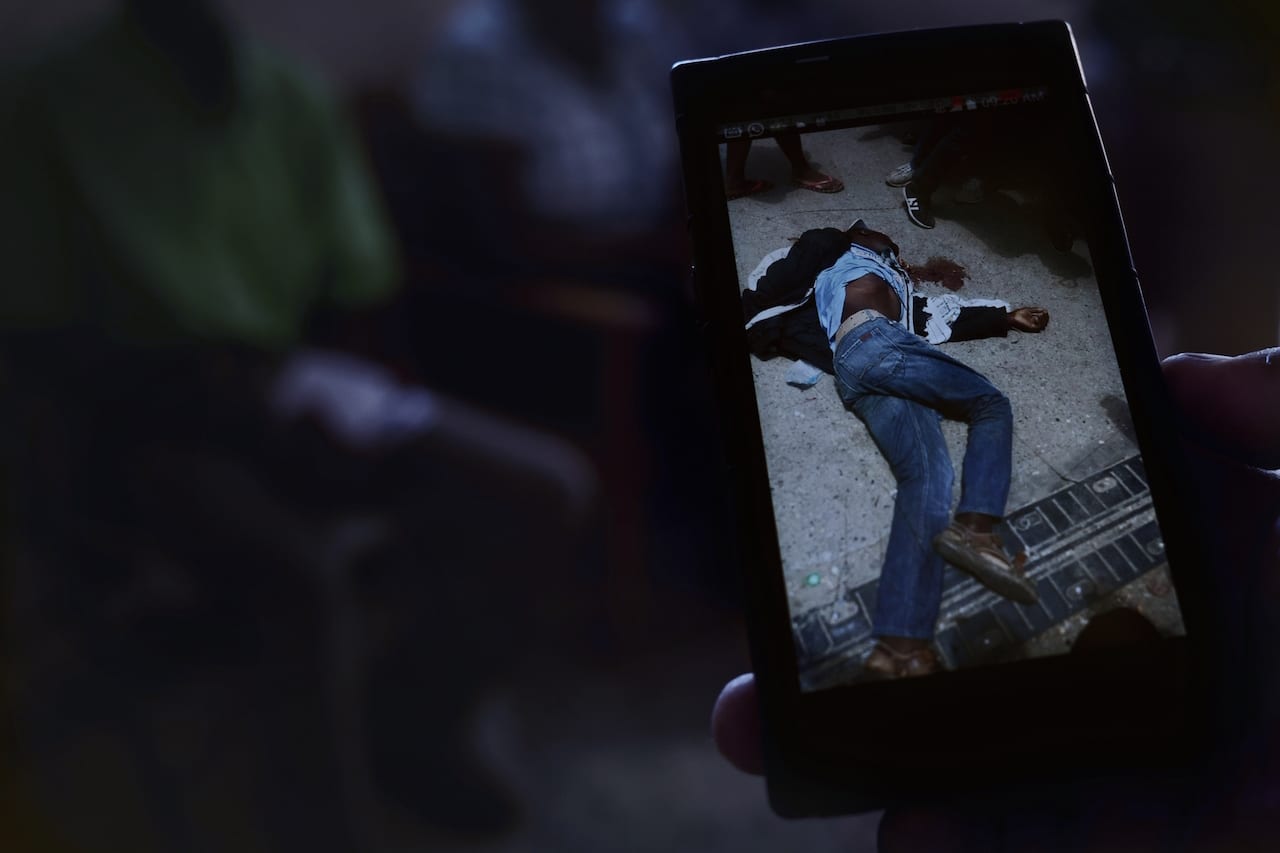
The Black Line @ Annalista Natali Murri, which won an Honourable Mention in the first PHmuseum Women Photographers Grant 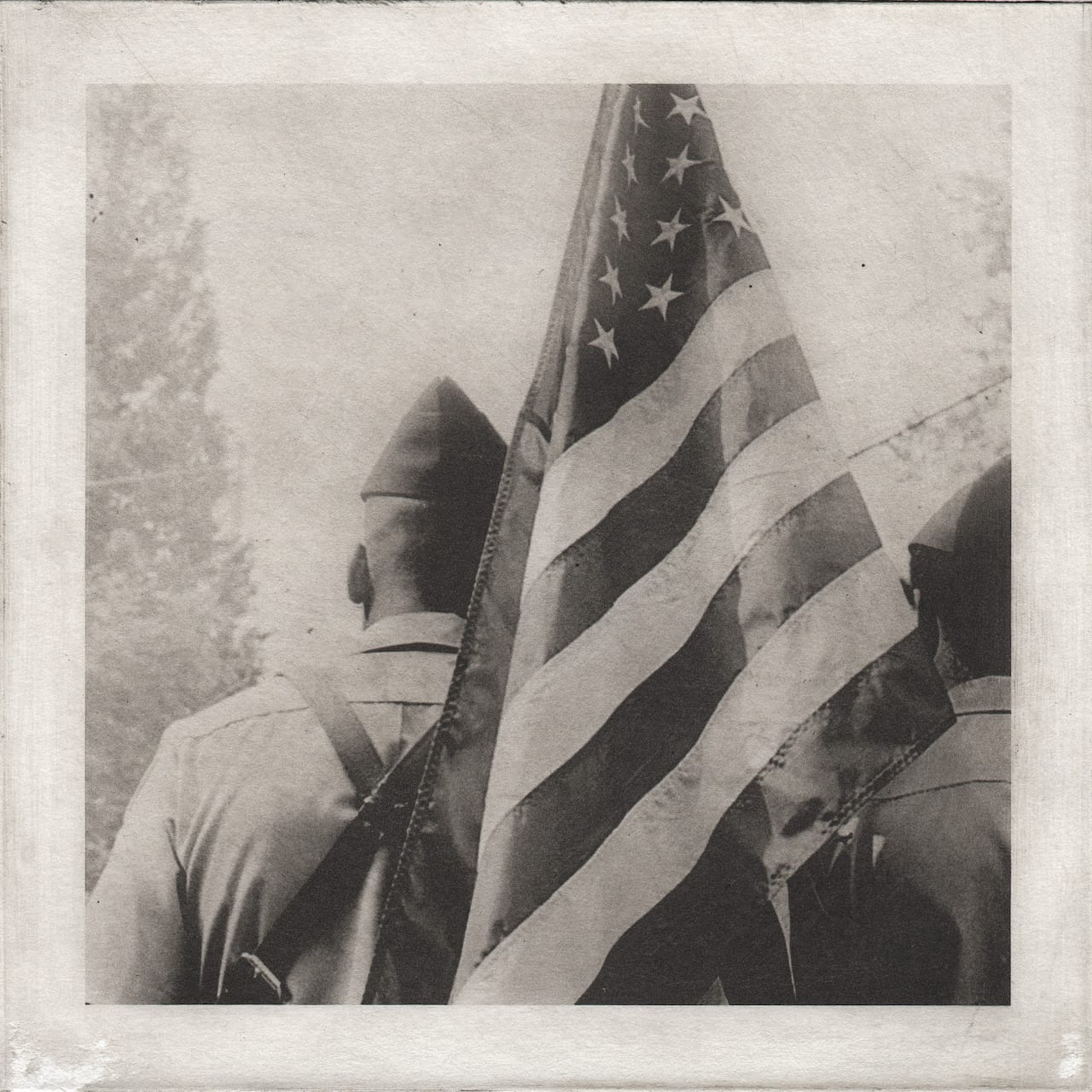
I believe that was in Virginia, that big battle of Bull Run. And I heard old man John Blackwell say he was in it, and Ike Johnson, that was one of the Colonel’s slaves. And this man was carryin’ the flag, well, he got shot. Ike Johnson saw the flag fallin’ and he run and grab it sayin’, ‘I ain’t gonna let it hit the dirt.’ And he carried it the rest of the war. Didn’t get killed. Now they was brave, and they know’d if they won the war they’d get free; they had somethin’ to fight for.”-Joseph Sutton, whose parents were slaves of the Lloyds, in his biography “Praise the Bridge That Carries You Over” by Shepard Krech, III. Talbot County Color Guard at the 150th Unionville Memorial celebration, Unionville, Maryland, Intaglio Photo Etching, 2017. From Coming Home – Unionville @ Gabriella Demczuk, which won an Honourable Mention in the first PHmuseum Women Photographers Grant 
From Los Mundos de Tita © Fabiola Cedillo, which won the New Generation Prize in the first PHmuseum Women Photographers Grant 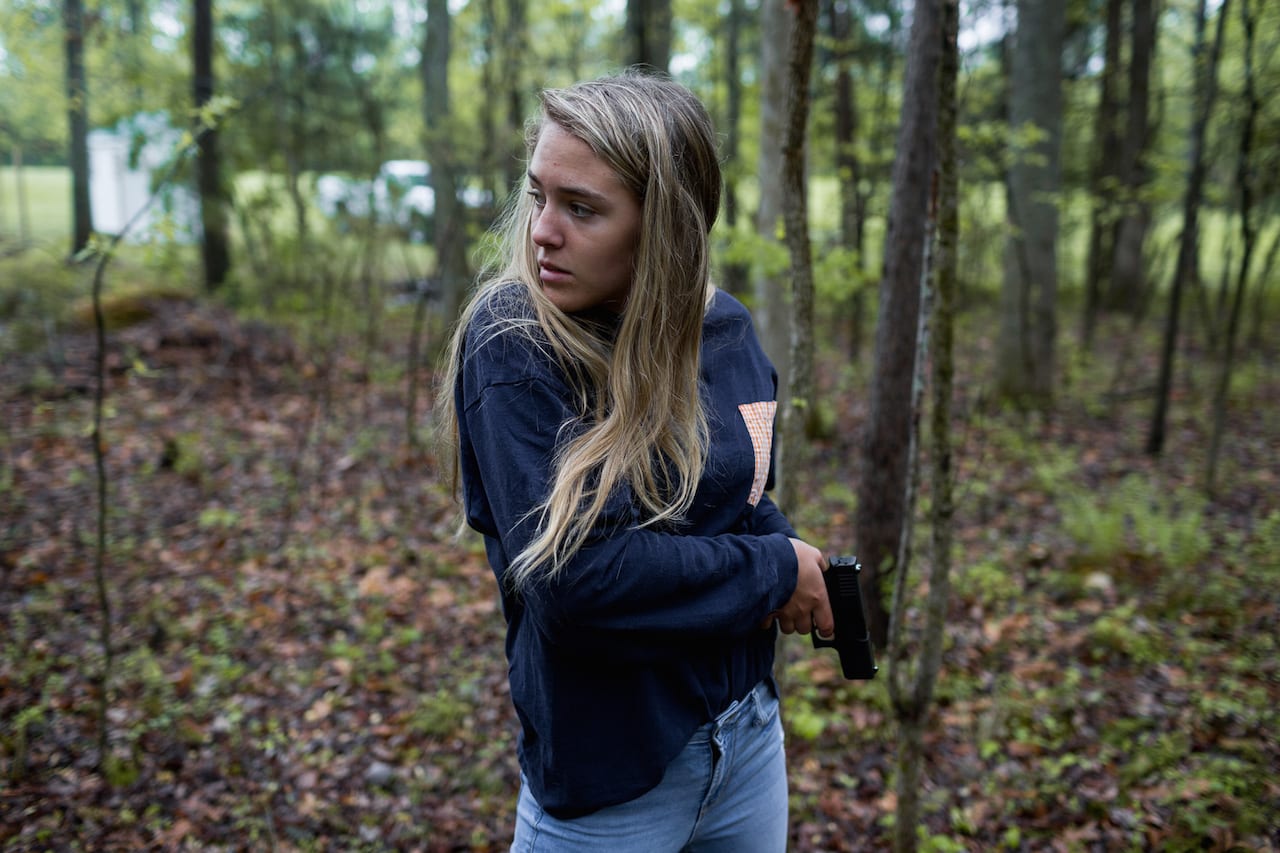
Ryan Roeber (15) practices shooting in her backyard in Warrenton, VA, 22 April 2017. Her dad is watching in the background for her safety and instruction. Ryan is the only female on her shooting team that practices at their local American Legion post. She is hoping that her training will help her be accepted into the Navy after graduating high school. From Beckon Us From Home © Sarah Blesener, which won an Honourable Mention in the New Generation Prize category in the first PHMuseum Women Photographers Grant 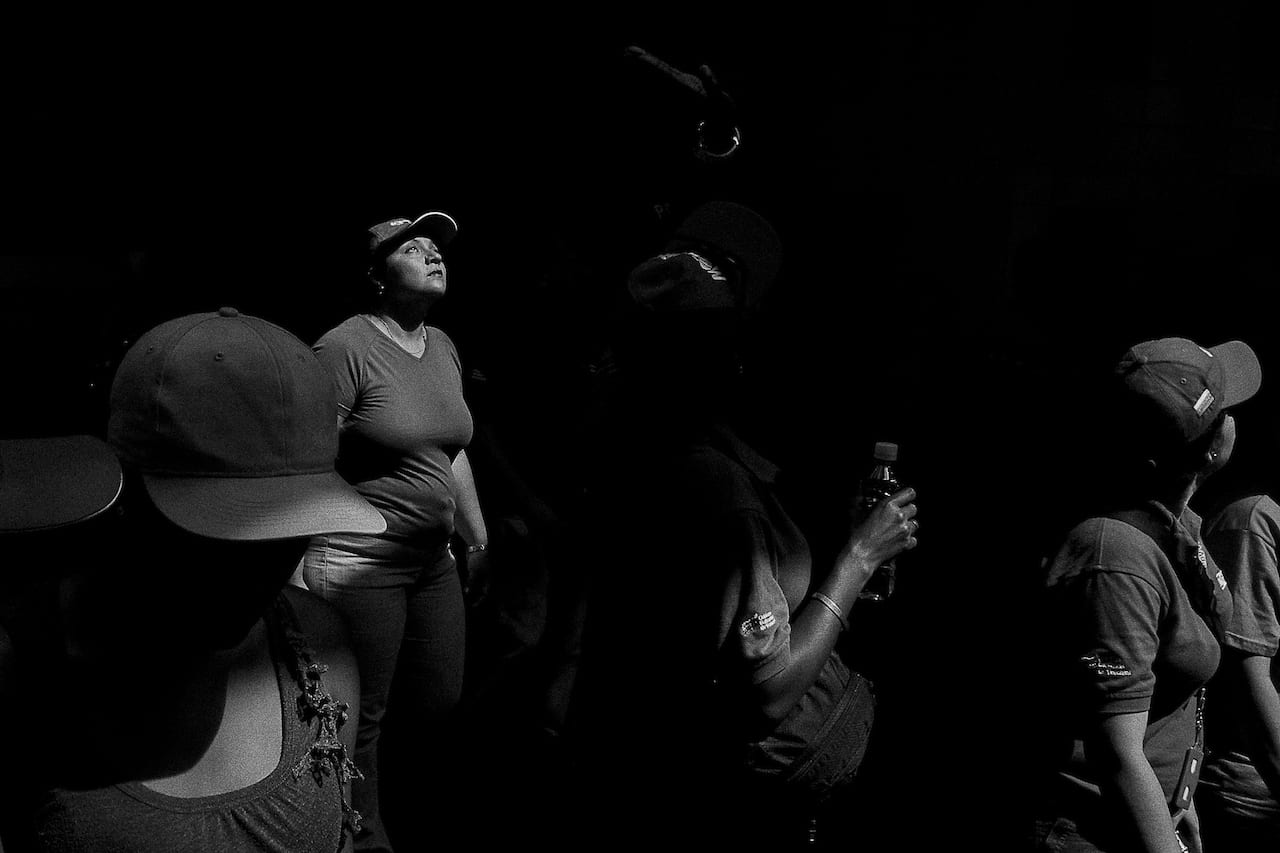
A woman looks up during a pro-government rally in Caracas on May 2015 to celebrate the “workers’ day”. On that day, the president Nicolás Maduro raises the monthly salary every year, to try to keep up with soaring inflation. From the series Venezuela: Blurred In Despair © Fabiola Ferrero, which won an Honourable Mention in the New Generation Prize category in the first PHMuseum Women Photographers Grant
“Much of her work focuses on young women caught in cycles of poverty and social disadvantage, but her portrayals of motherhood, incarceration, and domestic violence are always dignified and nuanced. You’ll Know It When You Feel It feels rooted in a fundamental desire to understand members of her family and her immediate community – and to allow her audience to see these individuals in the same empathetic light.”
Rosella has won first prize and £5000 for the project, which was shot in her native Australia; the £2000 second prize went to Egyptian photographer Heba Khamis, whose project on breast ironing, Banned Beauty, was shot in Cameroon. “Heba Khamis earned the judges total respect with her deeply intimate work, Banned Beauty,” commented Donna Ferrato, another photographer and judge of the grant
“Ms. Khamis, the budding story teller, shows her unique penchant for catching hard won moments: simply by being there with an open mind. And as Khamis walks in the footprints of women living in male-dominated societies, we find a framework for beauty that defies definition.”

The juries also awarded six honourable mentions in the main prize category: Jin – Jiyan – Azadi: Women, Life, Freedom by Sonja Hamad; Facing Up: Acid Attacks In Colombia by Betty Laura Zapata; Variation Of White by Miia Autio; All Of Them Witches by Bego Anton; The Black Line by Annalisa Natali Murri; and Coming Home: Unionville by Gabriella Demczuk.

Beckon Us From Home by Sarah Blesener, and Venezuela: Blurred In Despair by Fabiola Ferrero received honourable mentions in the New Generation Prize category. German Photographer Ulla Deventer’s project Butterflies Are Sign Of Good Thing took The Organ Vida International Photography Festival prize, which is judged by Organ Vida’s artistic director Marina Paulenka. Deventer wins a solo show at the upcoming edition of the festival.
https://phmuseum.com/














